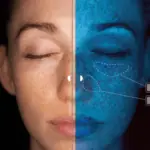Award winning dermatology service, with over 20 years on experience
Short waiting lists, on some occasions offering same week appointments
Safe environment, in Care Quality Commission approved facilities
Hives (Urticaria) Treatments Include:
hives specialist ADVICE & TREATMENT IN CANTERBURY & KENT
Hives (urticaria) is a very common and often temporary skin condition that can appear in both adults and children. It can be acute, which means it appears once; or chronic, which means it is recurring multiple times over 6 weeks or more. The cause of hives is the immune system releasing histamine into the skin, resulting in redness, swelling and itching. It may recede quickly—within minutes to hours—or take up to 24 hours before it disappears altogether. Nevertheless, hives are rarely serious in nature and easily treated.
Alternative names: Urticaria, welts, wheals, nettle rash.
WHAT CAUSES HIVES?
Hives are a common skin condition caused by an allergic reaction that can appear anywhere on the body. Yet, it’s often difficult to pinpoint an exact trigger since it can be related to various conditions ranging from environmental temperature changes to emotion stress and food. Idiopathic urticaria occurs when no cause has been identified, although some people may experience hives due to tight clothing, exercise, infections or illnesses. On average, those with allergies are more vulnerable to experiencing hives as well as other health issues at higher rates. Although the rash appears similar for most cases of hives, being aware of both known and potential causes is key in finding ways to reduce the risk of developing them in the future.
WHAT ARE THE SYMPTOMS/TYPE OF HIVES?
Hives usually appears as a series of raised, red bumps that come up within minutes and can resemble mosquito bites or nettle rash. It can be limited to a small area or span large expanses of the body. Sometimes there is swelling of the face and eyes (angio-oedema). The rash often resolves over a period of an hour or two, but might last as long as 24 to 36 hours. There are a number of different types of Hives:
ALLERGIC REACTIONS
Hives can be caused by an allergic reaction to a common irritant you may be sensitive to such as foods, animal fur, medications, pollen, and insect bites.
CHRONIC IDIOPATHIC URTICARIA
If the source of hives can’t be identified and the hives are seen for long periods of time, they are known as chronic and idiopathic. About 75% if hives cases are idiopathic which can make them harder to treat and symptoms are experienced for longer.
TEMPERATURE INDUCED HIVES
Changes in temperature caused by cold or hot weather, water, sunlight and exercise can cause hives in some people.
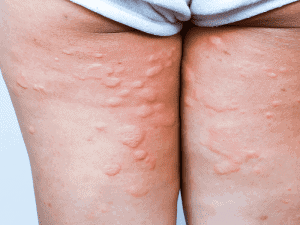
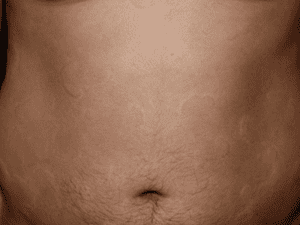
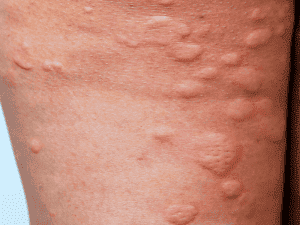
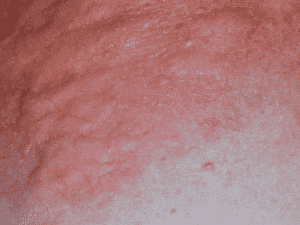
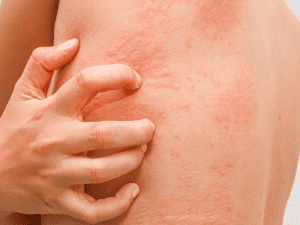
HOW CAN HIVES BE TREATED?
FREQUENTLY ASKED QUESTIONS
HOW CAN HIVES BE ALLEVIATED AT HOME?
If you are suffering from a hives rash, the following can help to alleviate symptoms:
- Put a cold compress on the rash
- Take a cool bath
- Apply aloe vera
- Avoid irritants
- Avoid scratching the rash as this can cause them to spread and become more inflamed
HOW LONG DOES A HIVES RASH LAST FOR?
In acute cases, the rash will appear suddenly and then fade away on it’s own, usually within 24-48 hours. In chronic cases of hives, the rash can last for much longer, often weeks or months. If your rash is persisting it is a good idea to see a dermatologist who can assess your condition and advise the most appropriate treatment.
HOW DO I KNOW MY RASH IS HIVES?
Symptoms of Hives include:
- Red, raised patches on the skin
- Rash of red spots
- Itchy rash
- Rash that feels like it is stinging or burning
- Different size and shapes of rash
- Rashes can appear anywhere on the body in both adults and children
WHAT ARE COMMON TRIGGERS FOR HIVES?
Hives can be caused by a trigger that causes high levels of histamine to be realised to the skin, common triggers include:
- Food
- Pollen
- Plants
- Insect bites/stings
- Chemicals (often in cleaning products)
- Latex
- Dust mites
- Heat
- Sunlight
- Exercise/Sweat
- Medicines
- Infections
- Emotional Stress
REQUEST A CALL BACK
Please fill in this form and one of our team will give you a call back to arrange a consultation with one of our expert dermatologists.
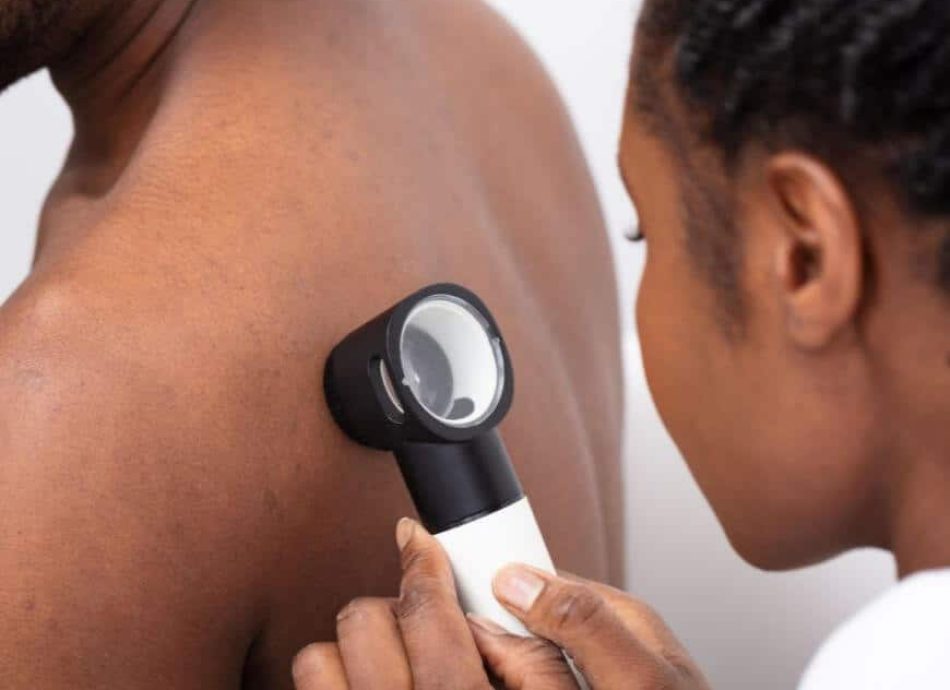
What our Customers Say
WHY TREAT YOUR HIVES AT CANTERBURY SKIN AND LASER CLINIC?
Hives are an extremely common skin condition and we understand the impact that severe rashes can have on daily life. Here at Kent’s leading private skin and laser clinic, our experts are specialists in all aspects of dermatology, skin cancer, anti-ageing and beauty treatments. We are one of the few skin clinics in the UK where all medical consultations and treatments are provided by specialist doctors with Dermatology experience and laser training.
Canterbury Skin and Laser Clinic is regulated by the Care Quality Commission, ensuring the best level of treatment is provided to you in a safe environment. Our Clinical Lead Dr Mark Hudson-Peacock is a member of the British Association of Dermatologists, the British Laser Medical Association, the British Hair and Nail Society, the European Academy of Dermatology and Venereology and is certified by the Consulting Room. We have won many awards including the WhatClinic Patient Service Award in 2019 and the ghp Healthcare and Pharmaceutical Awards 2019.
latest INSIGHTS AND ADVICE

Complete Fall Skincare Guide
Embrace the season of transformation – Autumn. With its vibrant hues, this magical time of year also brings unique challenges for your skin. As the crisp air sets in and the days grow shorter, it’s not only autumn we’re welcoming but also the reminder that
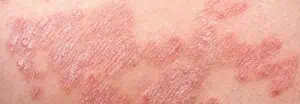
Comprehensive Guide to Understanding Eczema
October is globally observed as Eczema Awareness Month, drawing focus to the people grappling with this challenging skin condition. Our mission, not just in October but always, is to empower you with robust knowledge about eczema‘s root causes, various treatments and useful coping techniques. This
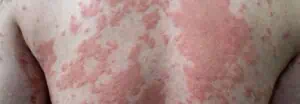
Unravelling Psoriasis: The Focus of Psoriasis Awareness Month
Each August, we commemorate Psoriasis Awareness Month, a time dedicated to elevating public understanding of psoriasis – a chronic skin ailment affecting countless individuals worldwide. The initiative is designed to dispel myths surrounding psoriasis, encourage early detection and advocate for impactful treatment methods. To those


